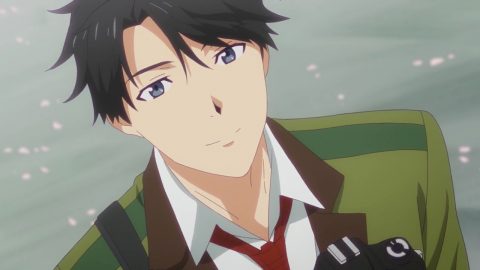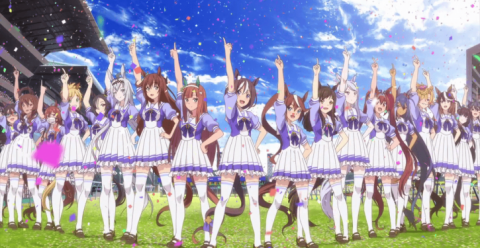One of the defining features of the popular anime "Welcome to the Classroom of the Elite" is the competitive school system. This time, we'll be taking a look at Tokyo Metropolitan Advanced Ikusei High School, where the protagonist, Ayanokoji Kiyotaka, attends.
Tokyo Metropolitan Advanced Ikusei High School
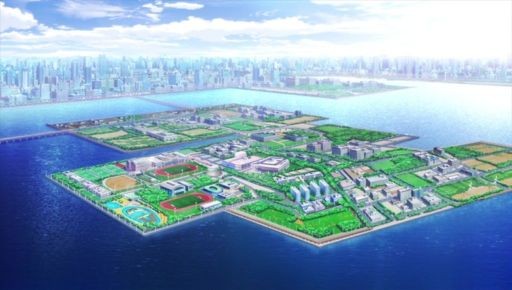
Established by the Japanese government, this school aims to "nurture young people who will support the future." Boasting a 100% employment and college advancement rate, this highly advanced school, despite being located in the heart of the city, is located on a campus of over 600,000 square meters, equipped with numerous facilities, including karaoke and a theater room. All students are required to live in dormitories on campus and, with exceptions, are prohibited from contacting anyone outside the school, including their parents, for three years in a closed environment.
S System - Student ID Card

This school uses the S System to measure and evaluate students' abilities. Based on their S System evaluation, students are awarded points at the beginning of each month by class, which can be used to purchase daily necessities and groceries. Students are issued student ID cards, which can be used to check their points balance on their mobile phones, and act as a credit card.
Dormitory
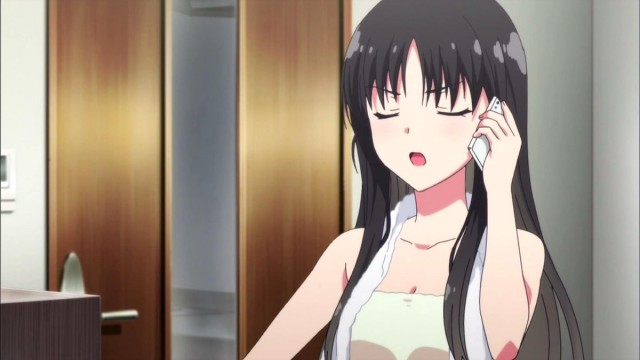
At Advanced Nurturing High School, a fully boarding school, students enjoy the benefits of a private room in a high-rise apartment building on the school grounds. Boys and girls live on separate floors, elevators and entrance monitors are available, auto-locks are installed, and utilities such as electricity and gas are free. In terms of expenses, students receive free mountain vegetable set meals, water, and basic convenience store necessities, ensuring that even students who run out of points can somehow survive. Furthermore, tuition and class summer camp trips are generally covered, making this a dream-like experience.
Student Council
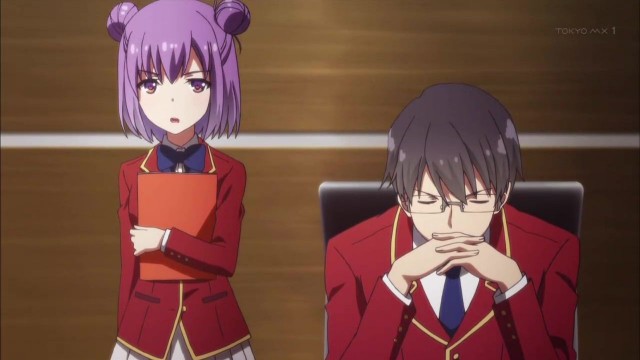
The Student Council wields considerable power, and with sufficient support, it has the right to change the school's discipline and rules. Its main duties include resolving disputes between students and proposing school policies. In the first season of the anime, Student Council President Manabu Horikita performed these duties. Furthermore, first-year students can become officers, and they are appointed each year through recommendations and nominations.
About Class D and Points
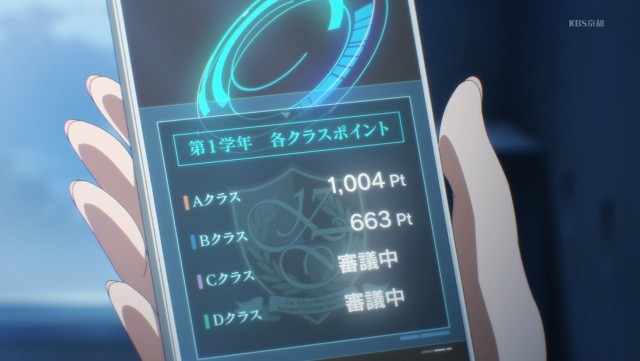
At this school, points are awarded through the S System. In April, all students were given 100,000 points. From then until May, points were deducted based on the student's grades, taking into account factors such as tardiness, absences, conversations during class, and the number of times they used their phones. Without any explanation from their homeroom teacher, Class D spent all of their 100,000 points, resulting in zero points being awarded in May.
Tests and Various Events
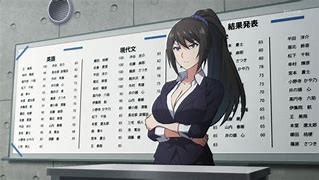
The first challenge for Class D, a group of underachievers, to improve their class standing was the midterm exam. Failing even one subject on the midterm or final exam means immediate expulsion, and even poor grades result in negative marks. Midterm exams are an essential element in earning points. In addition to these tests, classes and individuals are sometimes awarded points based on their performance and contributions in special exams, school events, and club activities. From now on, students will compete in a variety of ways.
Summary

What did you think? This time, we explained the setting of this story, Advanced Nurturing High School. One of the highlights is how the unique system, point system, and the completely isolated environment of the students relate to the story, so it's a good idea to review it thoroughly. The second season of the anime is scheduled to air in July 2022, and production for the third season has already been confirmed, so we're looking forward to those as well.

